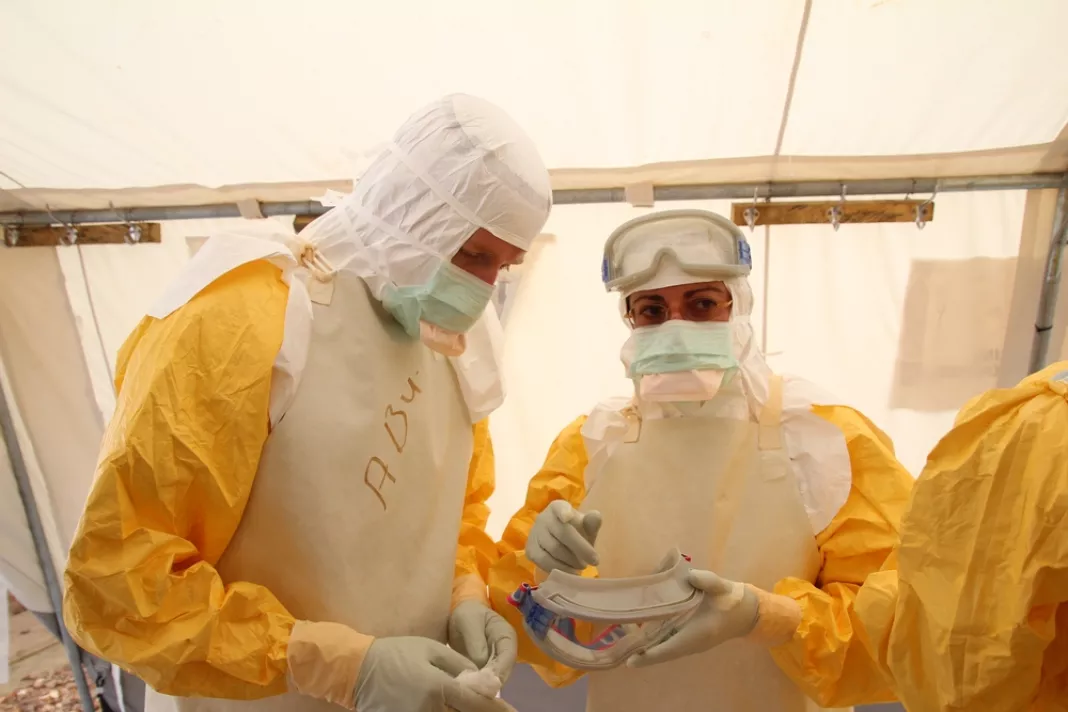Epidemiologists
MSF epidemiologists operate in areas potentially at risk of epidemics such as cholera or measles. They cooperate with the team on medical projects, support the establishment of early warning systems in areas with potential epidemics and provide disease monitoring training to local staff.



 Donate
Donate
